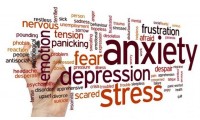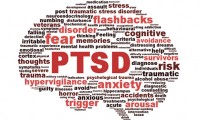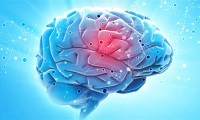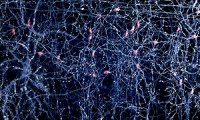-
Meeting the Internet of Medical Things’ Demands for Networking
- Source: healthtechmagazine.net
- 666
- November 22, 2017
-
Stanford, NCI Researchers Discover New CAR-T Target With Early Study Data
- Source: biospace
- 917
- November 22, 2017
-
CRISPR shows potential to reduce diseases spread by mosquitoes
- Source: news-medical
- 759
- November 21, 2017
-
Psychedelics and Psychotherapy–Is There a Role for MDMA in the Treatment of PTSD?
- Source: medicalnewsbulletin
- 923
- November 20, 2017
-
New dye gives scientists a clearer insight into the brain
- Source: sciencedaily
- 742
- November 16, 2017
-
Cholesterol Crystals Are Sure Sign A Heart Attack May Loom
- Source: scienmag
- 876
- November 15, 2017
-
Researchers develop new probes to record neural activity in brain
- Source: medicaldevice-network
- 685
- November 15, 2017
-
Real-World Study Confirms Lower Brain Bleed Risk with Dabigatran
- Source: medpagetoday
- 970
- November 14, 2017
your submission has already been received.
OK
Subscribe
Please enter a valid Email address!
Submit
The most relevant industry news & insight will be sent to you every two weeks.













